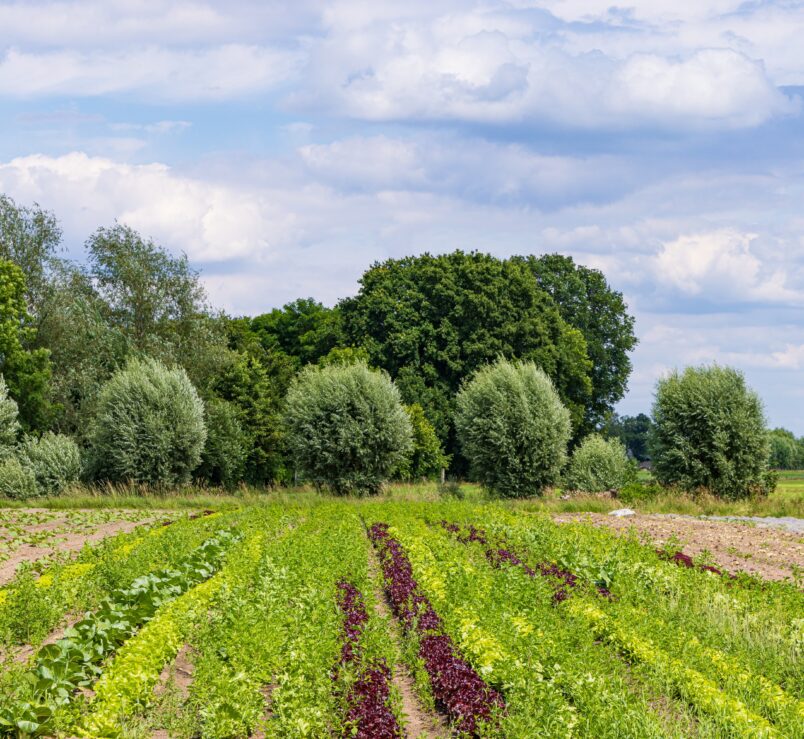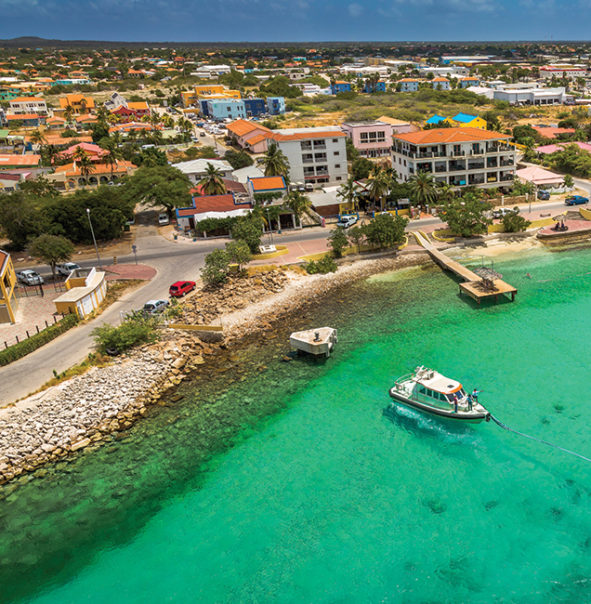Evaluation of the Gelderland Nature-Inclusive Agriculture Implementation Programme
Dutch agriculture is facing a major transition. Whereas productivity and scale used to be the main focus, the emphasis is now on sustainable and nature-inclusive farming. The restoration of biodiversity, the landscape and natural cycles plays a central role in this. In the province of Gelderland, farmers, authorities and nature organisations have been working together since 2020 on future-proof agricultural practices.
Background
In 2020, ten parties in Gelderland joined forces to facilitate the agricultural transition and work towards future-proof agriculture by 2030. This led to the Gelderland Nature-Inclusive Agriculture Action Plan (2019-2027). The aim of the action plan is to encourage managers and owners of agricultural land to make choices in their business operations that contribute to the restoration of biodiversity and the landscape.
The plan has six success factors: revenue models, awareness & education, knowledge & innovation, monitoring, legislation and regulations, and networking. The plan’s implementation programme works in two ways:
- Nature-inclusive agriculture platform: knowledge sharing and inspiration through meetings and digital exchange.
- Subsidies for projects: initiatives that contribute to one of the six success factors. To date, 40 projects have been started or completed.
The aim is that by 2027, all agricultural land users will achieve at least the “basic” level of nature-inclusive agriculture, for example by creating field margins, scrub, nesting boxes or yard planting.
Now that the programme is coming to an end, Ecorys is evaluating the extent to which the objectives have been achieved and what lessons can be taken into account in a follow-up programme.
Key findings
We conducted our evaluation of the implementation programme through desk research and interviews with stakeholders. Our findings are as follows:
- Effectiveness: For most of the files, the objectives were achieved and the subsidies proved crucial for the project start. Without subsidies, these initiatives would not have gotten off the ground.
- Added value of cooperation: Among other things, the platform reduced the polarisation between nature organisations and agricultural organisations in the region.
- Programme team: The commitment, capacity and expertise of the programme team are widely appreciated.
Ecorys has made a number of recommendations based on the evaluation. It is important that the programme team continues to focus on collaboration. The collaborations can be further expanded, partly because not all actors in the field of nature-inclusive agriculture have been reached yet. Finally, ensuring the continuity of projects remains an important point of attention.
Want to know more? Read our report here.

9 October 2025
2 minute read
Sectors
Services
Key Experts
Daniek Korver
Consultant
Elvira Meurs
Principal Consultant
Fleur Weijer
Junior Consultant
Gijs Dümmer
Junior Consultant



